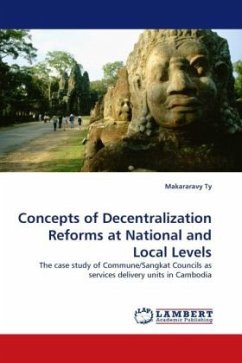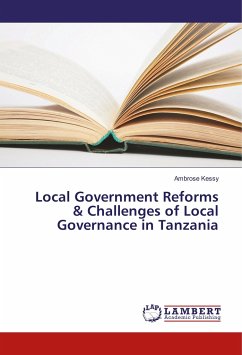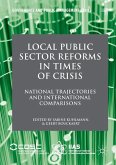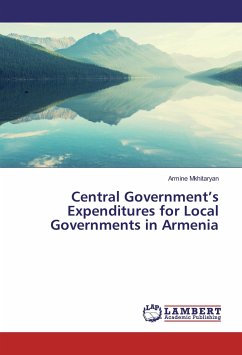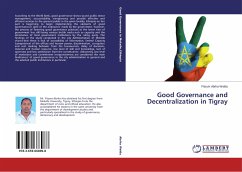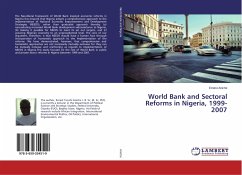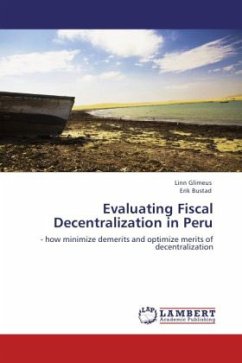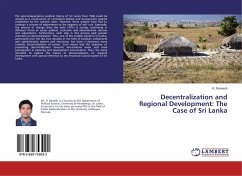After decades of civil war and passing through different political regimes, real peace had finally returned to Cambodia in the early 90s. The development plans introduced public administrative, fiscal, judicial and banking reforms. Decentralization reforms were initiated in 2002 along with the first Commune/Sangkat Councils election. The objectives are, firstly, to increase the efficiency and performance of local authority; and secondly, to shorten the gap between the citizens and central government. The reform proved to be very successful as the local citizens were invited to participate in development planning decision making, particularly in infrastructure development projects. Both parties shared mutual benefits. The study zooms in the relationship of different stakeholders in society, mainly between the public service providers and its recipients.

